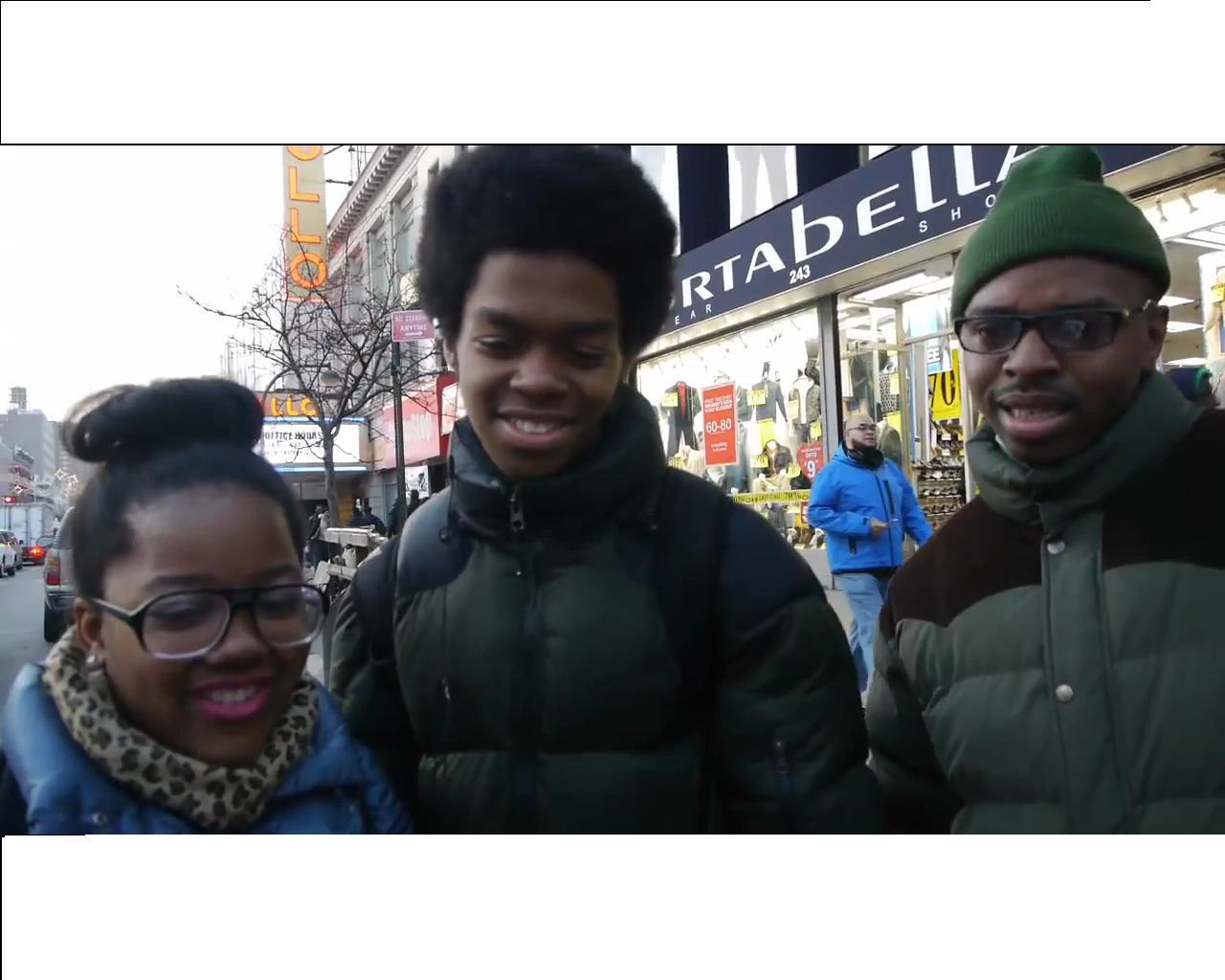Over the last few weeks, the “Harlem Shake” meme has gone viral, with people everywhere grabbing a bunch of friends, schoolmates, colleagues, or whomever, really, and having a 30-second dance extravaganza. The trap music song the meme relies on, which was released by Brooklyn-based producer Bauuer last year, features the line “then do the Harlem Shake.” As The Atlantic Wire succinctly explained it, contributing to the meme is easy:
1. Put on a goofy mask.
2. Get everyone in some room to pretend like you don’t exist.
3. Play Baauer’s massive trap hit “Harlem Shake.”
4. Do this little shimmy move that’s been around forever. Do it as poorly as possible.
5. When the beat drops, everybody acts like a bunch of high schoolers on spring break in Miami.
The only thing wrong with The Atlantic Wire’s description is that in the majority of these videos, the “little shimmy move”—known for years as The Harlem Shake and popularized in music videos by Diddy and his Bad Boy label mates in the early ’00s—is nowhere to be found. There may be some shimmying going on, but it is more in the vein of Kermit the Frog (i.e., frantic and rhythm-less) than anything the artist once known as Puffy ever performed. (Unless of course, doing a dance as “poorly as possible” means doing it so poorly that it is utterly unrecognizable.)
Many have pointed out this fact, but Chris McGuire and Schlepp Films decided to examine the odd, possibly mis-titled meme in a new way: They asked people who are actually from Harlem what they thought of this new “dance” that was now being (very loosely) attributed to their neighborhood. On 125th Street, right outside of the historic Apollo Theater, passersby of various ages were shown examples of the meme and asked to respond. Their reactions range from incredulity to appalled disbelief, and all of the interviewees are quick to point out that, when it comes to the Harlem Shake, the silly videos are doing it wrong. “It looks like they’re making fun of it,” says one resident, expressing a common sentiment.
Does the popularity of the meme, as the New York Times suggests, “[threaten] to all but obliterate the original dance’s claim on the name”? Maybe, maybe not. It’s doubtful that the many people who have created these videos intend to mock the original dance, and the meme could be just a matter of semantics—young people taking a line from a song and innocently creating their own fun video. Still, considering the history of the mainstream co-opting styles from black culture, often without proper attribution for the originators, the residents’ reactions can be easy to sympathize with.
Either way, Harlem itself refuses to lay claim to its namesake meme: “That represents Jersey, California,” one resident proclaims adamantly. “That is not Harlem!”
